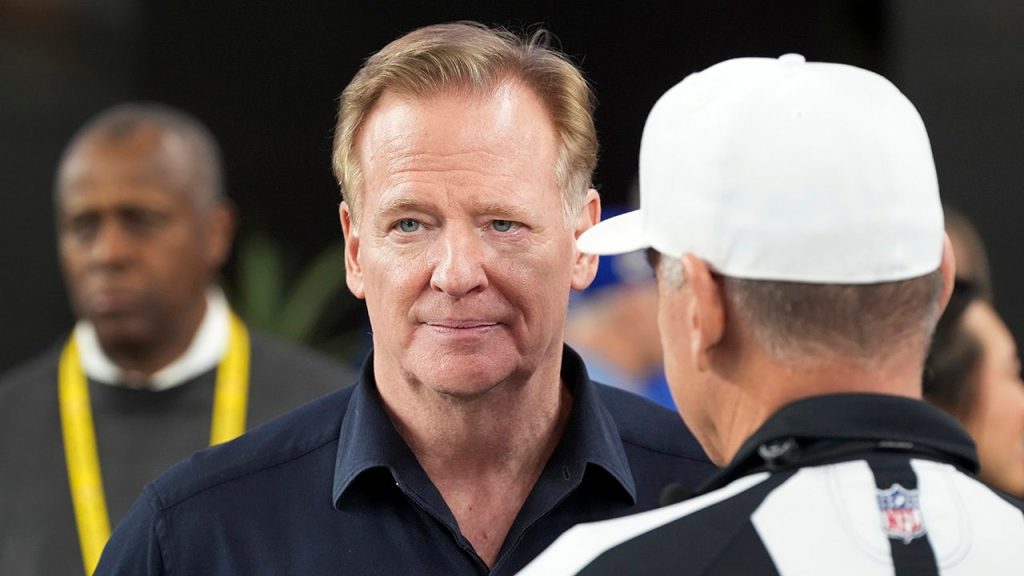The Unprecedented Relocation of an NFL Playoff Game: A Story of Community, Compassion, and Contingency Planning
The devastating wildfires that ripped through Southern California in late 2023 forced an unprecedented decision by the NFL: the relocation of a playoff game between the Los Angeles Rams and the Minnesota Vikings. Scheduled to be played at SoFi Stadium in Inglewood, California, the game was abruptly moved to State Farm Stadium in Glendale, Arizona, just days before kickoff. The swift decision, made out of concern for public safety and the strain on emergency resources, highlighted the league’s commitment to prioritizing community well-being and its remarkable ability to adapt to unforeseen circumstances.
NFL Commissioner Roger Goodell, in an interview with ESPN, emphasized the rationale behind the relocation. The overwhelming devastation and the need to support the tireless efforts of first responders made it clear that holding the game in Inglewood was simply untenable. The league, he explained, has contingency plans in place for every game, designating two alternative stadiums each week. State Farm Stadium, home of the Arizona Cardinals, proved to be a logistically sound and geographically accessible alternative for Rams fans.
The relocation, while disruptive, showcased the resilience and camaraderie of the NFL community. The Arizona Cardinals, led by owner Michael Bidwell, stepped up to accommodate the displaced game, working tirelessly to prepare their stadium for the playoff matchup. The Rams organization, despite the upheaval, managed to maintain a sense of normalcy for their fans, even going so far as to repaint the field with Rams colors and their iconic logo.
Remarkably, an estimated 45,000 Rams fans made the trek to Glendale, demonstrating their unwavering support for their team and their understanding of the extraordinary circumstances. This impressive turnout underscored the deep connection between fans and their teams, transcending geographical boundaries and logistical challenges. The relocation, though born out of tragedy, inadvertently became a testament to the dedication and passion of the Rams fanbase.
Beyond the logistical feats and fan dedication, the story of this relocated game also highlighted the compassion and generosity of the Los Angeles and Anaheim sports community. Twelve teams, including the Rams, collectively donated $8 million to aid wildfire victims and support the ongoing firefighting efforts. This significant contribution was directed towards a range of organizations, including the American Red Cross, the Los Angeles Fire Department Foundation, the California Fire Foundation, and various local animal rescue groups, demonstrating a commitment to supporting the community in its time of need. The collective action of these teams underscored the important role sports organizations play in times of crisis, not just as sources of entertainment, but as vital contributors to community recovery and resilience.
The relocation of the Rams-Vikings playoff game stands as a compelling example of how unforeseen challenges can bring out the best in individuals and organizations. The NFL’s swift action, the Cardinals’ willingness to host, the Rams’ efforts to maintain a sense of normalcy, the fans’ unwavering support, and the collective generosity of the Los Angeles sports community all contributed to a narrative that extended far beyond the football field. It became a story about community, compassion, and the power of collaboration in the face of adversity. The game itself became a symbol of resilience, a beacon of hope amidst the devastation, and a testament to the enduring spirit of the human spirit. The unprecedented circumstances surrounding the game served as a reminder that sports, at its core, is about more than just wins and losses; it’s about community, shared experiences, and the power of collective action.

